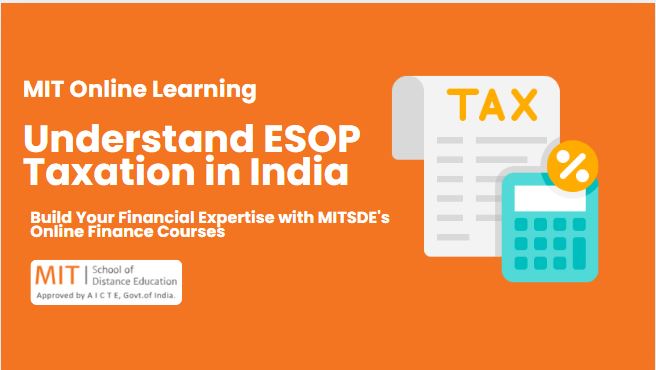To answer the question, bridging the gaps between data, processes, and people.
A Business Analyst’s role is to convert raw data into actionable insights. The demand for BAs is growing as companies today rely on data to plan and strategize for the future.
The International Institute of Business Analysis (IIBA) defines business analysis as, a disciplined approach to introducing and managing change in organizations, whether for-profit businesses, governments, or non-profits.
An analyst evaluates the business requirements, processes information, forecasts trends, and generates reports to provide valid and usable information to decision-makers. The skills of a business analyst
The skills required to pursue a career as a Business Analyst include –
- Problem-solving skills – The ability to break down data, evaluate it to find out the key problem areas, and evaluate the processes to identify improvement areas.
- Interpersonal and soft skills – Communicating the data in a way that the decision-makers can understand and design strategies accordingly require keen interpersonal skills.
- Business intelligence and statistical tools – Since data is the common link between people, processes, and outcomes, it has to be computed in a way that decisions can be made based on them. Hence a BA must have statistical and analytical skills also a deep knowledge of excel.
- Understanding of databases and networks – The person must be updated with the latest technologies and IT advancements. He/she should have basic knowledge of programming languages
- Stakeholder analysis – Each stakeholder has a different role to play in the organization. Hence the insights required by each stakeholder are different. The process owners will be interested in the areas of improvement and potential bottlenecks, whereas the shareholders will be interested in the profitability and revenue. Hence a business analyst should be able to comprehend the data requirements of each stakeholder.
- Data visualization techniques – The professional should be able to present data in a way each stakeholder will understand.
- Out-of-the-box thinking – The person should be able to identify patterns, analyse the data in a way that will benefit all the stakeholders, and be imaginative of potential threats and opportunities.
- Creative perspective – Juggling numbers, analysing the next move of the customer or the competitor and deriving inputs from it requires creative thinking.
- Clarity – Having a clear idea of desired outcomes and representing the data in such a manner that the management can easily understand and take decisions on the basis of the data presented. This requires a deep understanding of what is the desired outcome of the data.
- Descriptive – Representing the past and present business scenarios, in the way of comparison bar graphs, charts or models, is known as descriptive analytics.
- Prediction – To be a highly sought-after business analyst one should be able to assess future performance on the basis of historical data. This is known as predictive analytics.
- Prescriptive analytics – One should be able to formulate strategies on the basis of data to achieve good business results and stay ahead of the competition.
- Understanding of business functions & processes – Though comfort level with data is expected, a business analyst should also be well versed with management functions and business processes.
This is where the MIT School of Distance Education steps in. MIT SDE is an AICTE (Govt. of India) approved body that specializes in designing skill-focused courses for working professionals.
One such course is the online Business Analytics course or the Post Graduate Certificate course in Business Analytics. It is a 12-month distance learning course that focuses on –
- Data mining techniques
- Data interpretation & data visualization methods
- Predictive modelling techniques
- Application of analytics in various domains such as HR, Finance, Marketing & Supply chain
Harvard Business Review named Business Analytics as an attractive job field of the 21st century. The average salary for a business analyst ranges between Rs. 4 LPA to Rs. 15 LPA.
This makes it a lucrative career to pursue. Hence an authorized and recognized course is sure to help a professional attain the career growth he seeks.



